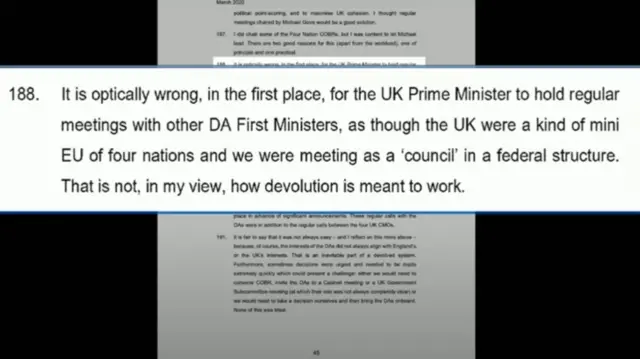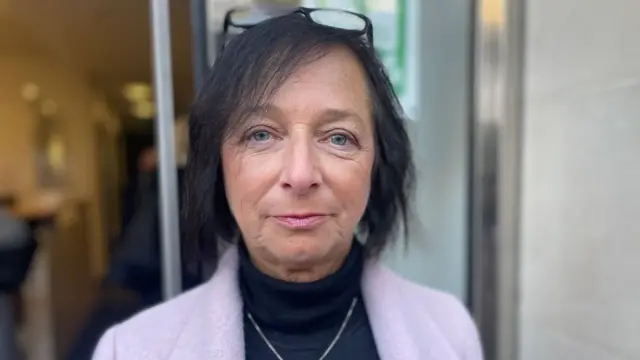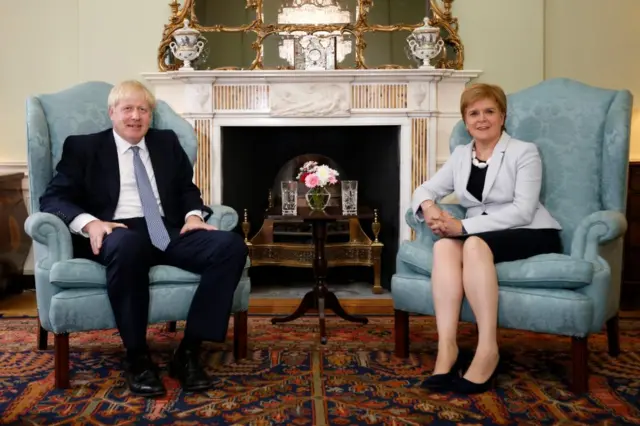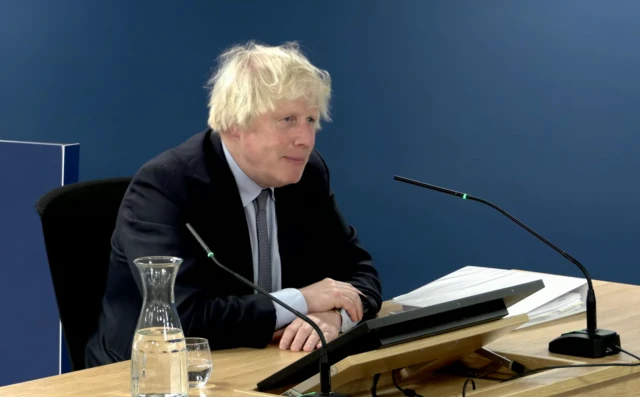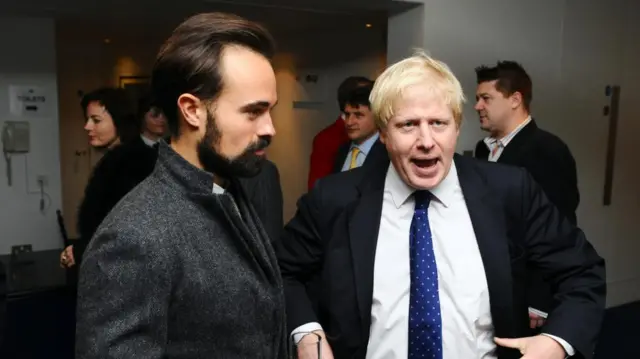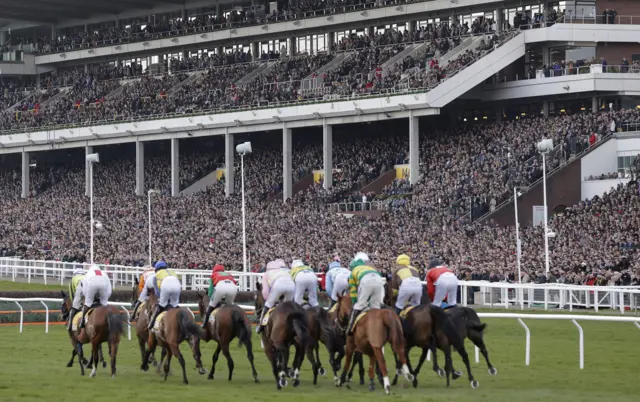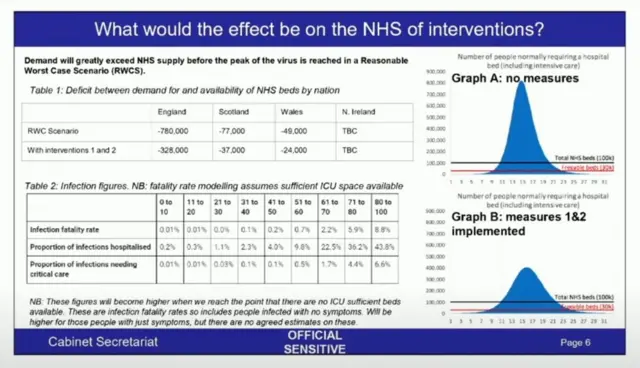Johnson says he regrets language on long Covidpublished at 16:13 GMT 6 December 2023
Inquiry counsel Hugo Keith KC points now to Boris Johnson's characterisations of long Covid.
Keith puts it to Johnson that he questioned the condition "for quite some time" - and "equated it to Gulf War syndrome repeatedly".
This refers to an unexplained illness that affected veterans from the 1991 war with no one cause identified.
The inquiry was also shown a document on long Covid, on which in October 2020 Johnson had scrawled "bollocks" in the margin and "this is Gulf War syndrome stuff".
Johnson tells the inquiry he is sure his assertions have "caused hurt and offence to huge numbers of people who have that syndrome".
He said he regretted "very, very much" his use of language.
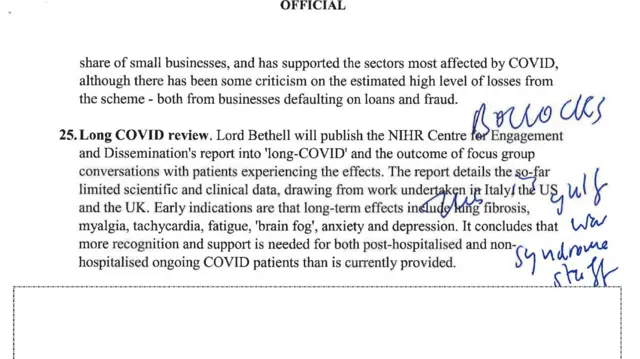 Image source, Covid inquiry
Image source, Covid inquiry